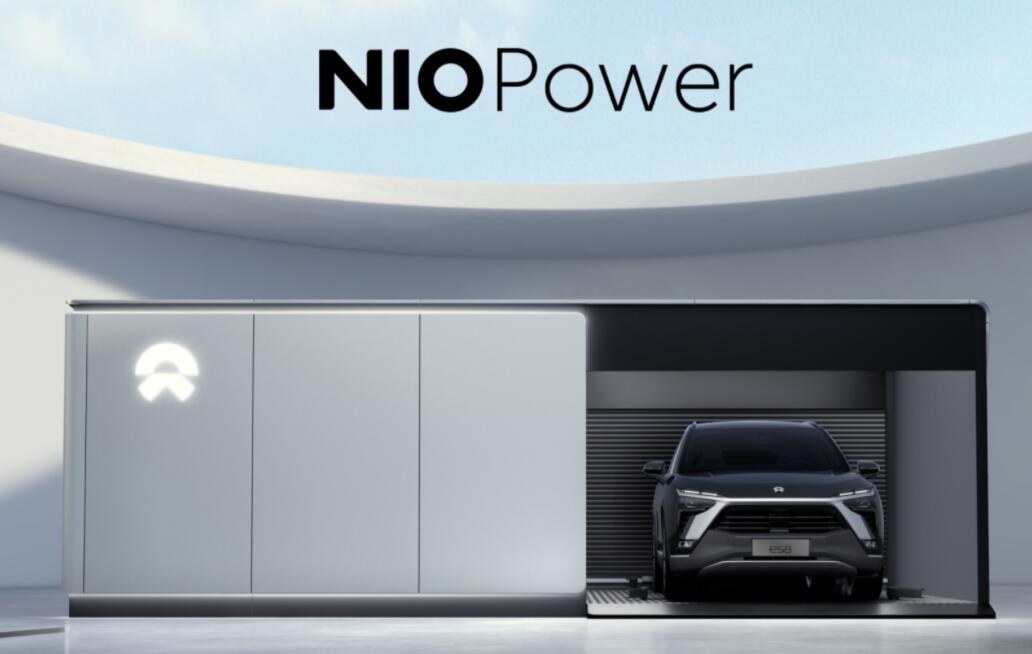
Nio's Battery as a Service (BaaS) business model has made significant progress, with the first BaaS vehicle having completed validation of insurance, loan, and registration processes, said Li Bin, Nio's founder, chairman, and CEO, during the earnings call.
Nio has completed all the product announcements and certifications required to sell complete vehicles and batteries separately, a major breakthrough in Nio's technology and business model innovation, he said.
Currently, Nio is still finalizing preparations to officially offer Baas mode services and will officially release the implementation plan in the third quarter, Li Bin said.
He also said that Nio is in the process of building a battery asset company, which is expected to be completed in August. Nio will not be a major shareholder in this new company and will not affect the company's balance sheet.
The company will hold battery assets, which is groundbreaking in the industry, and will allow users to actually buy and rent batteries once the regulations are officially passed.
Earlier today, Nio's financial report showed a huge increase in revenue and a positive gross margin in the second quarter. After the results were announced, its shares surged in pre-market trading hours.
Nio's second-quarter revenue of 3.72 billion yuan was up 146.5 percent compared to the same period last year. Compared to the first quarter, it was up 171.1 percent.
Li Bin said in the earnings call that Nio's third electric vehicle, the EC6, has been well received by the market and customers, with orders exceeding expectations after it opened for booking.
On July 24, Nio announced the price of its third car, the EC6, and opened the bookings, with prices starting from 368,000 yuan before subsidies.
Li Bin said Nio is on track to push the EC6 into mass production, with deliveries expected to begin in late September.
He added that with its overall situation improving, Nio has accelerated the development of new products and will be investing more in research and development on automated driving technology.
Li Bin said this will help Nio establish an industry-leading technological edge and ensure long-term product competitiveness.
So far, Nio has 22 Nio Centers and 119 Nio Spaces, covering 89 cities in China.
Li Bin said that Nio will continue to increase the number of Nio Spaces and battery swap stations to better serve its customers.
As more and more vehicles are delivered to users, Nio's user base is growing and the Nio user community is becoming more mature, Li Bin said.
Nio will hold its 2020 Nio day in Chengdu this year.